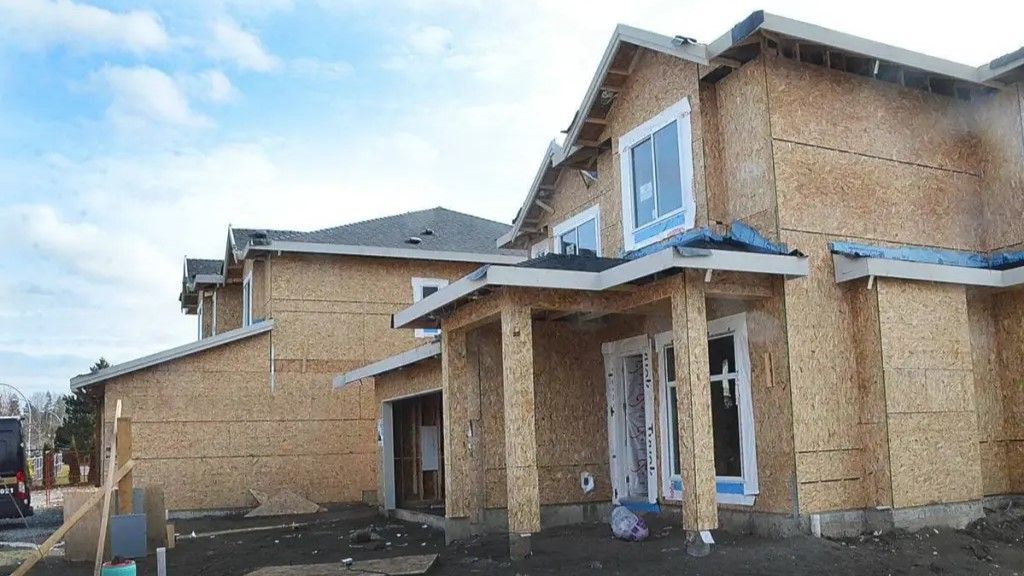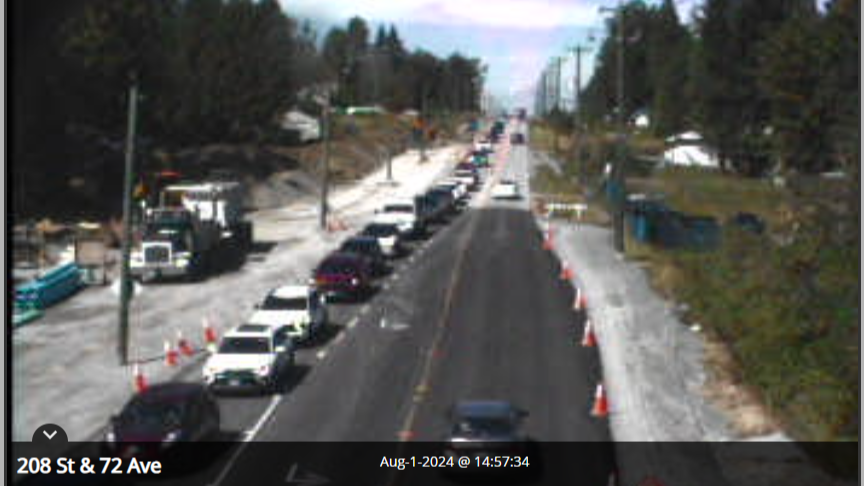A Simple 5-Step Guide to Applying for the BC HOME Partnership Program
The BC government's new program aimed at helping first-time buyers with their down payments is now accepting applications. The post A Simple 5-Step Guide to Applying for the BC HOME Partnership Program appeared first on Andy Schildhorn, PREC.
The BC government’s new program aimed at helping first-time buyers with their down payments is now accepting applications. Before you go any further, check that you are eligible for the Home Owner Mortgage and Equity (HOME) partnership program. The eligibility criteria are as follows:
- You must be a Canadian citizen or a permanent resident of Canada for at least 5 years.
- You must have lived in BC for at least a year before applying.
- You must not have owned a home at any time (anywhere, not just in Canada).
- The property you will purchase must be your principal residence for a minimum of 5 years.
- The home you will purchase must cost $750,000 or less (excluding fees and taxes).
- You must get a high-ratio insured first mortgage for at least 80% of the purchase price.
- Your gross household income must not be higher than $150,000.
- You must have saved a down payment equal to or greater than the loan you are asking the government for.
Once you have established your eligibility, this is the process you will need to follow to apply:
- First of all, you will need to be pre-approved for a mortgage with which to buy the property.
- Apply for the Home Owner Mortgage and Equity (HOME) partnership loan. This will confirm you eligibility.
- Find the home you want, make an offer and have it accepted “Subject to financing.”
- Provide the details to the HOME partnership program and to your mortgage lender.
- When you receive the money, it will be registered as a second mortgage.
For more details and to apply, visit the BC government’s website.
The post A Simple 5-Step Guide to Applying for the BC HOME Partnership Program appeared first on Andy Schildhorn, PREC.







